Dear Rebecca,
I'm not quite sure whether to apologise for writing. It feels vaguely, generically risky, as if I'm crossing a line I don't know about but everyone else is watching in horror as I stride obliviously over it.
I am writing because I am having one of those extended epiphanic periods of discovery with a writer, where you read book after book, interview after interview, out of sheer excitement, and at some point you actually feel your understanding of the world shifting a little, widening out, dots meeting with other dots, everything becoming clearer yet also simultaneously - and frustratingly - cloudier: do I have so much still to learn? This writer, if you haven't guessed, is you, the books and interviews yours, and I'm writing because it felt natural to express this experience one way or another. Strange though to think that this letter is one that will be read by more than one person but the single person to whom it's addressed may never read it.
I had been meaning to read your work for quite a while. I started with A Field Guide To Getting Lost, which I started in July this year. I loved it, read it quickly, and moved on toSavage Dreams: A Journey into the Landscape Wars of the American West, which I thought equally remarkable. Somewhere between finishing the former and starting the latter, I finally confirmed that I was going to be returning to San Francisco for the first time since 2008, this time for my friend Tobias's wedding. It had been stressful, and worrying, and saddening, thinking I couldn't go (Tobias had asked me to be one of his groomsmen), and a weight lifted, and all the mentions of that great city in your work became less abstract, less faraway fairytale and more a place that had direct relevance to me.
I have to confess, though, that once I arrived in San Francisco, I hardly read your book. I was only 100 pages or so from the end of Savage Dreams, and looking forward to starting Wanderlust: A History of Walking (I love that heavily emphasised "a", so importantly destabilising), but the city took over, and I hardly read a word - of anything - for 10 days. Reading suddenly seemed neglectful of this place, this glinting, grimy peninsula right there outside our window. Maybe travelling is less a time for contemplation than wholesale immersion; I continued writing in my journal for the first few days, then slumped into writing bullet-pointed lists of the main events and stops of the day, then stopped even that.
I did buy your Infinite City: A San Francisco Atlas in City Lights. Carrying it around for a day before getting home, I wondered about using it literally, taking out the maps and following the routes, reading the essays whilst walking. But the book seems less direct than that. The "infinite" does it: the variations, the endless reconceptualisations of a city are dreams of a place that only half exists, the rest made from the tumbling process of linking experience and imagination and history to that first half, the firm sediments of streets, buildings, and people.
Perhaps I lied a bit about not reading, but your atlas was the only thing I spent any real reading time with, reading late in the evenings, sitting with the window open and hearing the nightly shouts and laughs and sirens of the Tenderloin. This worked just as well, the small essays about a neighbourhood we'd either been to that day or the day before, or were planning on going to the next, seeping into my knowledge of those places, adding and layering and complicating the city. (It's hard to write about it with the right amount of distance, now, back in Glasgow, on a day of rain. That city? This city? The city? Is the distance psychological or geographical? Miles and hours don't seem enough to describe the distance, both nearer than them and much farther). I read about the gangs of the Mission, realised I'd walked through the site of a murder, oblivious, searching for ice cream. I read about Muybridge and Hitchcock's own weaving footsteps, 50 years apart, knowing about the latter but nothing about the former, save his famous pictures. Your unlayering of the complicated politics of Civic Center and UN Plaza: the UN formed there?! Really? And the right-wing intelligentsia stationed in think tanks and laboratories surrounding the city, the wider Bay Area turned into a pincer clutching liberal San Fran with its "real America" hawkism.
***
Returning from my own wanderings, I finally started Wanderlust. In it, you write about the connection between walking and writing:
"Just as writing allows one to read the words of someone who is absent, so roads make it possible to trace the route of the absent. Roads are a record of those who have gone before, and to follow them is to follow people who are no longer there."
Reading your words whilst walking in your city, these two practices, similar but separate, merged in a complicated way: reading your words allowed me to trace on a road your absent footsteps. Although it wasn't about you, really; not then, anyway. It was about the city and its history, and we were just two of the millions of human beings that have been part of that history, however small our roles. My relationship was not with you but with the city, just as yours was not with me but with the city. We were two people brought into connection by the city, and the revelation at first was that it was possible for two people to have similar reactions to a place. It was like that moment where you realise that a piece of music you have had such an intimate relationship with that it seems it exists only for you actually exists for the rest of the world too, and people have entirely differently intimate relationships with it, but also, sometimes, have almost exactly the same intimate relationship with it.
I'm not sure that's very clear. I'm struggling to pinpoint the angles of the relationship. What I'm trying to say is that I walked around your city, and halfway through that wandering I bought and read some of your words, which then influenced how I experienced and interpreted that city. So perhaps they could have been anyone's words, any words. I could have read a straight history of San Francisco and had a similar, albeit slightly different, experience. I would have been subject to another interpretation of the city, with all the prejudices, interests, and political biases that involves. But the point is I did read your words, not someone else's.
***
But there was a point, only when I got home, only when I was looking at the photographs I had taken of the city and I was separated from the immersive visual experience of it, that I fully realised what was happening. Somewhere and sometime the relationship changed; when I paused my reading of Savage Dreams because of the overwhelming "being-right-there" of the city itself, I changed the dynamic from one of conscious knowledge of your footsteps to total ignorance. My connection to you was cut off, because I stopped reading your words.
On the torturously long flight over, when I was too tired to read your book and it sat in my lap like some sort of totem, we passed over the Bonneville Salt Flats in Utah and past Elko and Winnemucca in Nevada, almost over Yosemite, the places you explore in Savage Dreams. I knew what the Salt Flats were because of your book! But that's when it stopped. For the next ten days, your influence fluttered and crackled like a radio, but the signal was never direct. It's true we went to the Tenderloin National Forest because of what you write about it in Infinite City, "a lush refuge in a rough neighbourhood":
But I had no idea I was unwittingly following in your footsteps when I went to the same bar you write about in Wanderlust:
"I had a date to meet some friends for drinks at the famously kitschy old mock-Polynesian bar the Tonga Room in the Fairmont Hotel atop Nob Hill."
Here is my film of the band on the boat on the pool in the bar:
Nor indeed when I wandered around the Grace Cathedral and watched two elderly Chinese ladies exercising by the labyrinth:
"In pale and dark cement it repeated the same pattern made of stone in Chartres Cathedral: eleven concentric circles divided into quadrants through which the path winds until it ends at the six-petaled flower of the center."
You can just see a bit of the labyrinth at the bottom of the photo I think.
And I had somehow missed all these places you write about in Infinite City, like Dolores Park, where we dozed before going to see a terrible film at the Roxie Theater (which you note in your sad map of the demise of local movie theaters):
Three years after I first tried going (we were too late; it was closed) I saw the graveyard of the Mission Dolores. I knew I was following in Hitchcock's, Kim Novak's and James Stewart's footsteps, but not yours:
So many of "the forty-nine jewels of San Francisco" you've wandered before us. The Women's Building, which we went to in 2008:
This year the murals we saw were in Clarion Alley, your "carnival of visions":
The "fairytale palace" Conservatory of Flowers, where we went for a reading and watched an exotic beetle on the floor:
The Castro Theatre, in the midst of the Jewish Film Festival:
And in the atlas you too go to Sugar Café, Dottie's True Blue Café, Mission Pie, Four Barrel...
***
And then somewhere it flipped; I was no longer following you, you were following me.
When we arrived home, exhausted from the 13 hour flight and a 6 hour train journey from London, slumping onto the sofa, in front of me on the coffee table was a book entitled English Wayfaring Life in the Middle Ages, by one J.J. Jusserand, the same book and author I presume that Christopher Morley is referring to in the section you quote in Wanderlust:
"We know from Ambassador Jussurand's famous book how many wayfarers were abroad on the roads in the Fourteenth Century..."
My first weekend back at work in Kelvingrove Art Gallery, I served an American lady who when she turned away from the counter was revealed to be wearing a black backpack with a Sierra Club badge on it, the same name of the club that you write about in Savage Dreams, one of America's oldest environmental groups, founded by John Muir, who was born in Scotland.
***
I've had to slow down my reading of Wanderlust because I am wandering again in a few weeks time, this time less aimlessly, to Antwerp to give a paper at a conference. I will be talking about abiding, and David Foster Wallace, and American politics, and I suspect you will pop up in there somewhere, a now-abiding presence in my life and whose political activity and its relationship to your wonderful writing I have hardly touched on here, if only because it poses so many questions I will have to think about it for a long time before I write anything about it.
I am happy that you are a prolific writer, that I not only have lots more of your books to read but that I will probably read them again and again for their beautiful complexity and acute, intuitive understanding of one's relationship to place, literature and history.
Your ongoing reader,
Mark
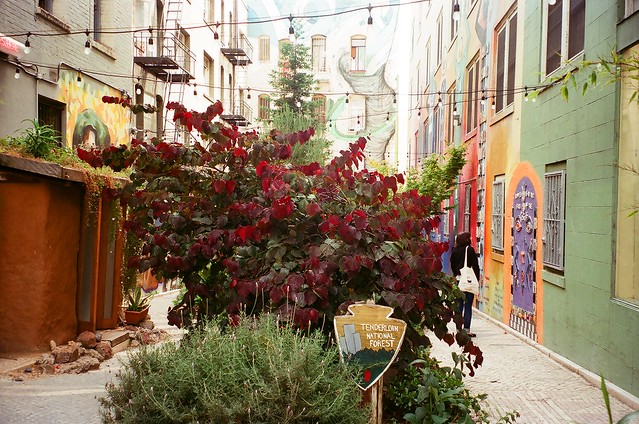
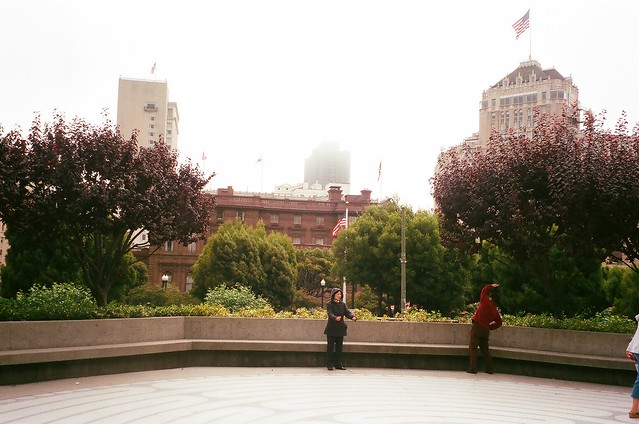
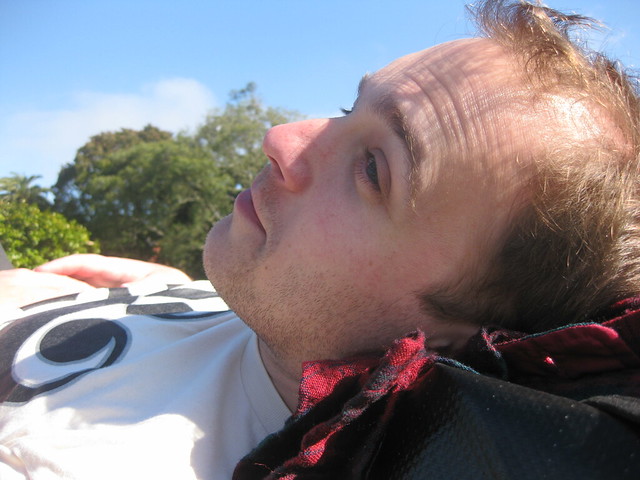
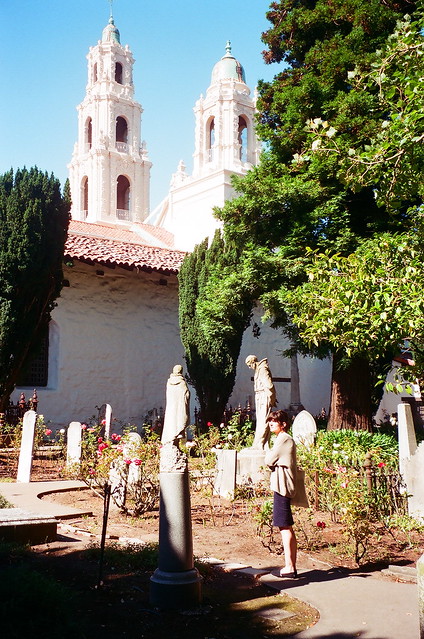
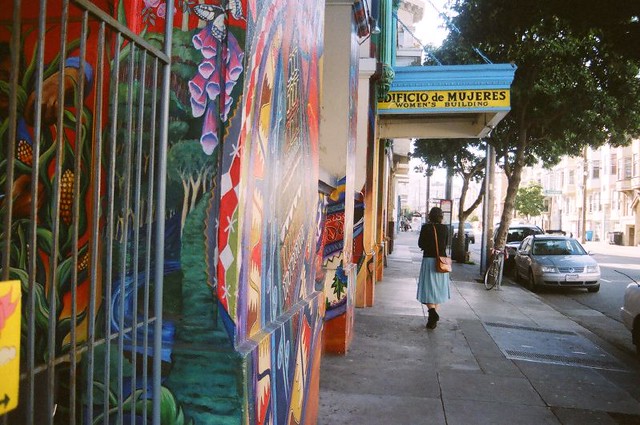
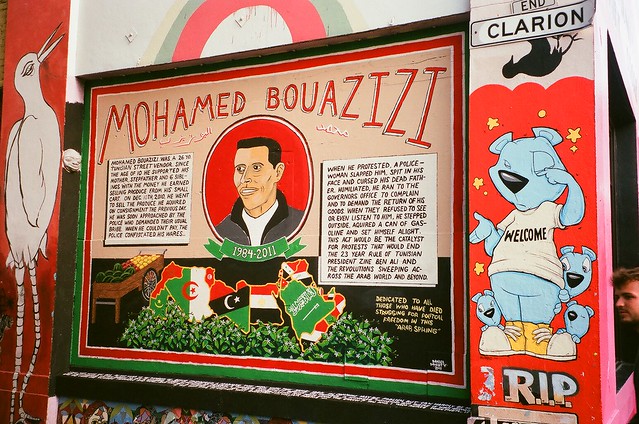
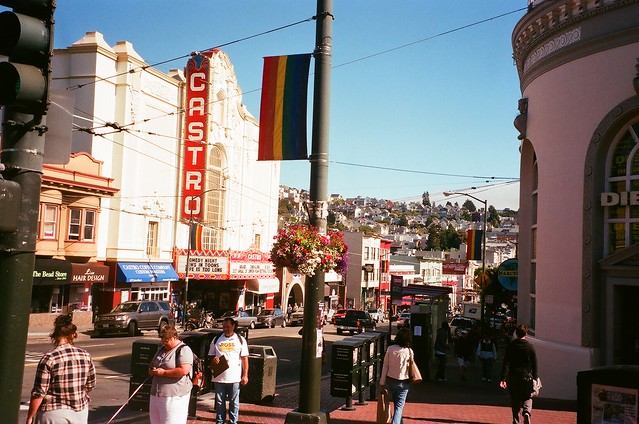

After days of correcting A-level essays where pupils fail to use the correct words to begin their badly constructed sentences, this was a breath of fresh air. The Autumn term is always the death of reading in my life. I'm managing about 1 page of 'The Frozen Deep' by Wilkie Collins a night at the moment. Enjoy your reading and loved your love letter.
ReplyDelete